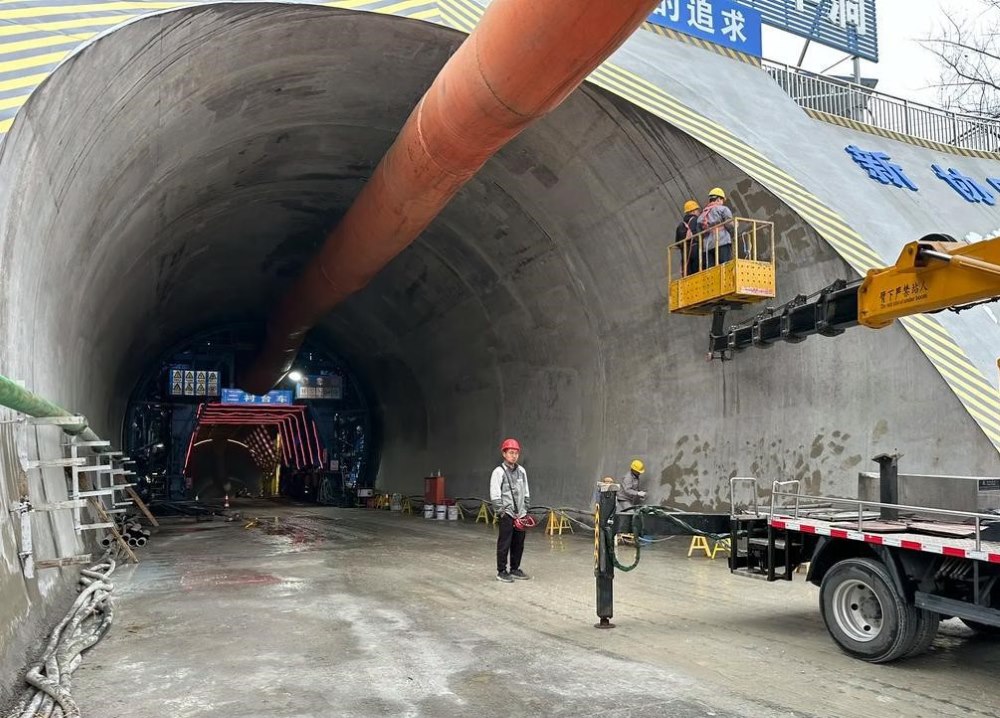How expensive is it to build a tunnel? Very expensive — typically tens to hundreds of millions of USD per kilometre, and in complex urban subway projects hundreds of millions to >$1 billion per kilometre (or $hundreds of millions–$billions per mile), depending on method, geology and how many stations/structures are required.

1. Typical cost ranges (rule-of-thumb)
① Small utility tunnels / short drives (1–4 m dia.): roughly $10–30 million per km in many markets (can be lower for very short, simple bores).
② Water/Utility Tunnels: Cheaper but still $5M–$30M per kilometer, depending on diameter and depth.
③ Road Tunnels: Typically cost $10M–$50M per kilometer (e.g., Turkey’s Eurasia Tunnel, $8.5M/km for a 14.6km undersea road tunnel) .
④ Standard metro / rail tunnels (urban, bored or drill+blast): ~$100–$500 million per km in many countries; weighted global averages from a large database are around $238M/km (2023 PPP).
⑤ Complex urban projects (deep, congested cities, many stations, strict regulations): $500M–$1.5B+ per km is seen in places like New York (examples quoted as roughly $1.5–2.5B per mile, which is about $930M–$1.55B per km).
⑥ Very long/major projects (e.g., Gotthard, Channel Tunnel): total costs run into the billions; per-km cost depends on scope but historically major base tunnels have worked out in the low hundreds of millions per km when averaged over the whole project.
2. Why the huge spread? (main cost drivers)
① Geology & groundwater — soft ground, high water pressure, squeezing rock or fault zones → much higher risk and costs.
② Method — TBM (high mobilization but efficient for long, consistent drives) vs drill-and-blast (flexible, cheaper for short/variable tunnels).
③ Diameter / cross-section — bigger tunnels = exponentially more excavation, lining, and finishing.
④ Depth & urban utilities — deep alignments, need to relocate utilities, underpin buildings, or work under traffic = major cost uplift.
⑤ Stations & portals — in metros, stations often cost more than the tunnelling per km (excavation, systems, finishes).
⑥ Regulation, labor, local procurement, environment & compensation — varies hugely by country and city.
⑦ Systems & fit-out — ventilation, safety, signalling, track, waterproofing, etc. can add large sums after excavation.
3. Real examples (illustrative)
① TransitCosts database (wide set of projects): weighted average $238M / km (2023 PPP-adjusted). Good for seeing global spread.
② U.S. big city projects: media/industry analysis shows some NYC projects can approach $1B+ per km (e.g., $1.5–2.5B per mile quoted for some NYC segments). High U.S. labor, regulation and complexity are cited reasons.
③ Channel Tunnel & Gotthard: multi-billion projects where the per-km average (when you spread total cost) lands in the low hundreds of millions per km, but these are special, large, long-duration projects with unique scope.





